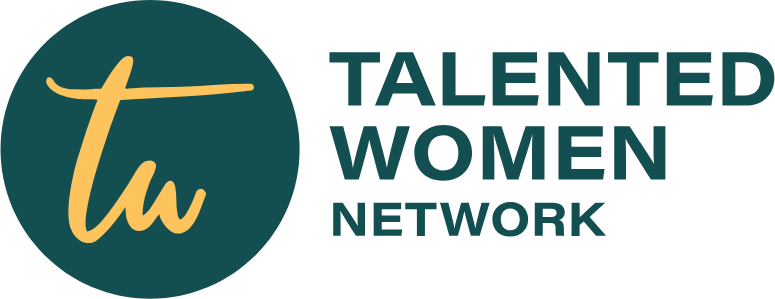When job seekers prepare for interviews, the spotlight often lands on hard skills—certifications, technical know-how, and measurable achievements.
But it’s the soft skills—communication, adaptability, and empathy—that often tip the scales.
In today’s workplace, technical proficiency gets your foot in the door. Soft skills keep you in the room.
So how do you demonstrate them?
1. Show—Don’t Just Tell
Anyone can say they’re a “great team player” or “strong communicator.” The difference lies in how you back it up.
Instead of:
“I’m good at problem-solving.”
Try:
“When our team faced a last-minute systems failure during a client demo, I quickly reorganized the agenda and coordinated with IT so we could continue the presentation without delay. The client signed the deal the following week.”
Why it works: You’re not listing traits—you’re proving them through action.
2. Demonstrate Active Listening
Soft skills start before you say a word. During the interview, show your emotional intelligence through engagement and presence.
Practice this:
- Make eye contact and nod when appropriate.
- Don’t interrupt. Let the interviewer finish their thought.
- Paraphrase complex questions before answering:
“So just to clarify, you’re asking how I approach team conflict resolution—correct?”
Why it works: Listening is a soft skill, and your interview is the perfect stage to showcase it live.
3. Emphasize Collaboration and Empathy in Your Stories
When asked behavioural questions, highlight times you worked with others, helped someone succeed, or resolved tension.
Try:
“One of my team members was struggling to meet deadlines. Instead of escalating the issue, I asked to meet privately, and we discovered she was overwhelmed with a personal issue. I worked with her to adjust the workload temporarily, and she bounced back even stronger.”
What it shows: Leadership, empathy, discretion, and teamwork—without needing to name them.
4. Ask Insightful, Human-Centred Questions
The questions you ask can say as much about your soft skills as the answers you give.
Try:
- “How does your team typically celebrate wins or handle setbacks?”
- “What’s the communication style like between leadership and the team?”
- “Can you describe the culture around feedback and mentorship?”
Why it works: These questions subtly highlight your focus on emotional intelligence, culture fit, and communication.
5. Adapt in Real Time
If the interview takes a surprising turn—unexpected questions, technical glitches, or rescheduling—respond with grace.
Say:
“No problem at all—I appreciate your flexibility. Let me adjust on my end, too.”
What it reveals: Adaptability, professionalism, and a cool head under pressure.
6. Mention Feedback, Not Just Achievements
One way to display humility and a growth mindset? Talk about feedback you’ve received—and how you acted on it.
Try:
“Earlier in my career, I was told I needed to delegate more instead of trying to do everything myself. I took that seriously, and now I lead weekly team check-ins to ensure balanced workloads and accountability.”
Why it works: You demonstrate coachability, self-awareness, and a commitment to continuous improvement.
7. Close with Soft Skill Strengths—Tactfully
Wrap up the interview by summarising not only your technical capabilities but also the interpersonal value you bring.
Try:
“I bring strong analytical skills to the table, but what my colleagues often value most is my calm approach under pressure and ability to collaborate across diverse teams.”
Why it works: It leaves the interviewer with a full picture of your value, skills, and character.
Soft skills are often the invisible threads that hold teams—and businesses—together. They don’t live in resumes. They live in how you speak, listen, collaborate, and adapt.
So in your next interview, don’t just check the technical boxes. Show them who you are when things don’t go as planned, when people need support, and when decisions require more than data.
Because in the modern workplace, soft skills aren’t secondary—they’re indispensable.

